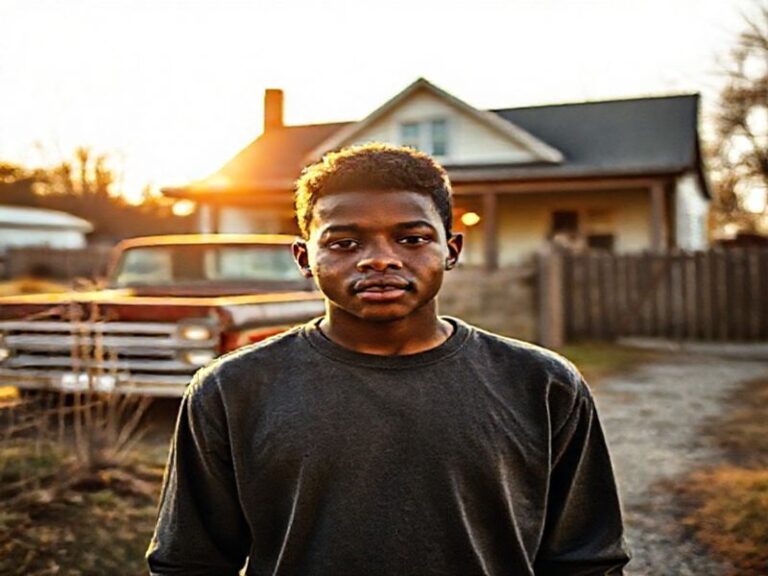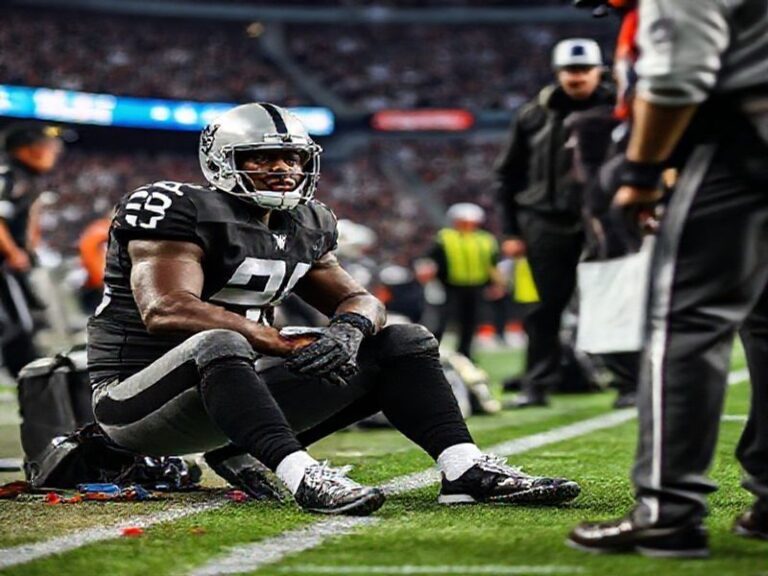Gridiron Diplomacy: How Boston College Football Sells the American Dream One Concussion at a Time
Boston College Football: America’s Gladiator Academy and the Global Export of Controlled Chaos
By Our Correspondent Somewhere Over the North Atlantic
The first thing foreign observers notice about Boston College football is that it is neither in Boston nor—depending on the season—particularly collegiate. The Eagles play in Chestnut Hill, a leafy enclave whose gothic spires and manicured lawns look suspiciously like the backdrop of a BBC period drama where everyone dies of consumption in Act III. Yet on crisp autumn Saturdays, 44,000 pilgrims cram into Alumni Stadium to watch 18- to 22-year-olds in high-impact armor ritualistically rearrange each other’s vertebrae. If that sounds medieval, remember Europe stopped endorsing public blood sport around the time we discovered syphilis could be cured with penicillin. America merely monetized it.
From an international standpoint, Boston College is a boutique brand of violence: not the Walmart roll-back savagery of the Southeastern Conference, but a tweedy, Jesuit-adjacent gladiator academy where the athletes major in theology and minor in traumatic brain injury. The program’s most famous alumnus, Doug Flutie, once launched a Hail Mary pass so miraculous it still appears in Canadian newscasts every Thanksgiving, right after the segment on aggressive geese. Flutie’s 1984 heave beat Miami and, according to campus lore, single-handedly raised BC’s admissions yield by 30 percent—proof that nothing boosts enrollment like a last-second defeat of a city best known for cocaine and real-estate fraud.
But let us zoom out. Why should a debt-ridden planet care about a private university whose endowment rivals the GDP of Moldova fielding unpaid interns in Kevlar? Because Boston College football is a tidy microcosm of America’s soft-power Rube Goldberg machine. The games stream on ESPN platforms from Lagos to Laos, beaming images of verdant campus excess to nations where “student loan” sounds like an oxymoron. Each broadcast is a 210-minute infomercial for the American dream: subsidized stadiums, corporate naming rights, and a marching band that costs more than Sierra Leone’s annual defense budget. It’s imperial pageantry wrapped in fight songs and Gatorade, and it works. Applications from Beijing, Bangalore, and Brasília surge every time the Eagles upset a ranked opponent, which, mercifully for the admissions office, happens slightly more often than a total solar eclipse.
Meanwhile, the geopolitical subplot churns. The Atlantic Coast Conference—BC’s league—recently added Stanford, a school on a tectonic plate that’s literally sliding into the ocean, and SMU, a private Methodist enclave in Texas bankrolled by oil money that smells faintly of brimstone. The conference now stretches from the Charles River to Silicon Valley, a cartographical absurdity that makes the old Austro-Hungarian Empire look geographically coherent. Analysts call it “super-conference realignment,” a euphemism for the same centrifugal greed that carved up the Ottoman spoils, only with more television revenue and fewer trench-dwelling poets.
Back in Chestnut Hill, the players themselves embody the contradictions of late capitalism. They generate millions for the university, receive “cost-of-attendance” stipends that barely cover textbooks, and risk cognitive decline so severe that future historians may classify NCAA football alongside lead paint and asbestos. The NCAA, a nonprofit cartel that lectures athletes on amateurism while its executives fly charter, insists the arrangement is “educational.” So did the East India Company about tea.
And yet, the show persists. On game days, international students tailgate with the zeal of newly converted evangelists, Instagramming plates of buffalo wings like anthropologists documenting cargo cults. Professors cancel Friday seminars because half the class is on a bus back from Syracuse, hungover on democracy and light beer. Even the Vatican—technically BC’s landlord, spiritually speaking—has weighed in: Pope Francis once praised sport’s “universal language,” though he conspicuously omitted the part about unsportsmanlike targeting penalties and NIL collectives that launder booster cash faster than a Cypriot bank.
In the end, Boston College football is less a sport than a diplomatic channel: a weekly dispatch from a nation convinced that concussions are a fair price for alumni donations, and that a 40-yard field goal is somehow more edifying than funding public libraries. The rest of the planet tunes in, half-horrified, half-envious. We condemn the exploitation while secretly wishing we’d thought of it first. Because if you’re going to export cultural hegemony, you might as well throw in a marching band playing “Shipping Up to Boston” while a sophomore from Naples pancakes a linebacker from Winnipeg. It’s not imperialism; it’s just good television.







